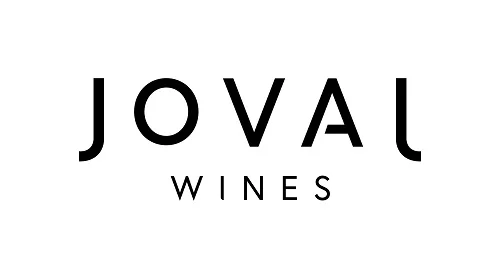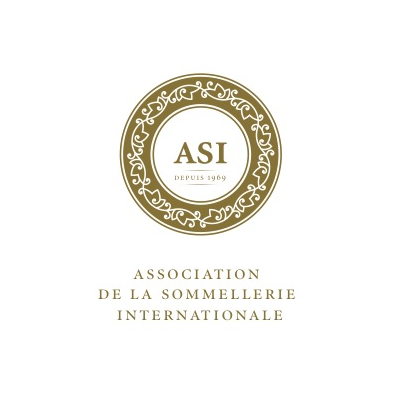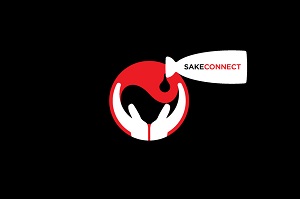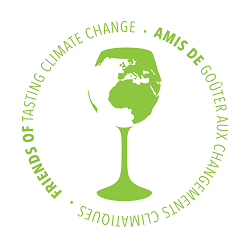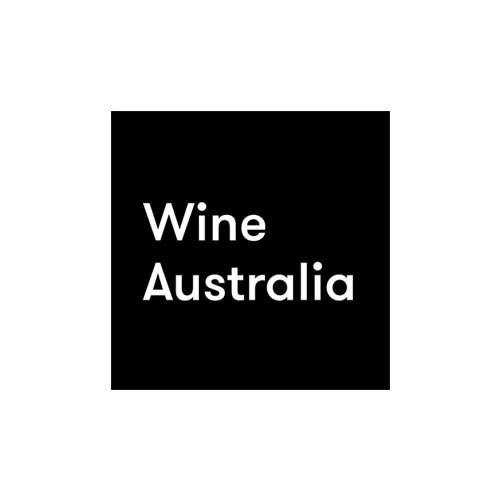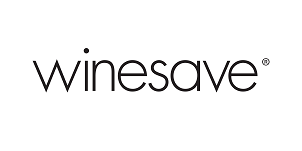Winemaker Farhad Bandesh has realised his dream the hard way. “This is a fight for all the refugees who are still held by cruel policy.”
Written by Max Allen, published on afr.com, 12 May 2022.
In Iran, Farhad Bandesh had to make wine in secret. The Kurdish artist and musician had grown up intrigued by the sweet wines his family liked to drink, and started making his own in his early 20s.
“Wine is in our culture,” he says. “It’s in our history. But for more than 40 years [since the 1979 Islamic Revolution], wine has been banned in Iran. People cannot drink in public. So, we make wine in a separate way. For friends and family. Secret wine.”
The suppression of Kurdish culture in Iran was one of the reasons Bandesh fled the country in 2013, leaving his family behind to search for freedom on the other side of the world. But when he got to Australia, he got caught up in the nightmare of this country’s detention system. He was detained for more than seven years, first on Manus Island in Papua New Guinea, then at the Mantra Medevac hotel in Melbourne.
On Manus in 2016, Bandesh met Melbourne-based advocate Jenell Quinsee, who has been visiting detention centres for two decades. Quinsee works on creative writing projects with detainees; she and Bandesh would write songs together.
Then, during his detention in Melbourne, he met another refugee advocate, Sarah Andrew, who works in the wine industry as a consultant, educator and co-president of Sommeliers Australia. Andrew taught him about Australian wines, and Bandesh recalls that they joked about each making a wine when he got out of detention: “We’ll compare them and see which one is the best.”
The seed was planted. When he was finally released, in December 2020, Bandesh told Andrew he was serious about working in the wine industry, and making his own wine. So, in the lead-up to the 2021 vintage, she introduced him to Yarra Valley winemaker Mac Forbes, who welcomed Bandesh to his winery, and helped him source shiraz and cabernet grapes from supportive local growers.
Bandesh also formed a partnership with Quinsee, who obtained a liquor producer’s licence. Now, a year later, the first products in the Bandesh range have been launched.
The shiraz is called Time to Fly, and features an image of birds that Bandesh had painted on Manus after the immigration authorities cut all supplies to the detention centre. (About 600 detainees had stayed on there, fearing for their lives in PNG, after the facility was closed in October 2017; Australia had refused to resettle them.)
“For 25 days we were without water, power, food, medicine,” Bandesh says. “But we survived. When they forcibly removed us to another [place of] detention, I decided to make this label on my T-shirt. Protesting every day, I’m wearing a T-shirt, and it’s like holding a sign that means freedom.”
The cabernet is called Game Over and refers to an Amnesty International campaign led by human rights advocate and former Socceroo Craig Foster,
who also supported Bandesh.
When I catch up with Bandesh and Quinsee to taste the range, they’ve brought something special: small glasses arranged on a serving tray.
As well as wine, the duo are selling two spirits that they’ve made, a Kurdish-style arak (the anise-flavoured drink found across the eastern Mediterranean, traditionally served in these small glasses), and a gin distilled using Kurdish botanicals. These include wild thyme and a herb called nanokzwa in Kurdish dialect – Bandesh pronounces it as “nonnhwah” – that grows on hillsides in his homeland.
“You should have seen Farhad’s face when he opened the package of those herbs and the smell came out,” says Quinsee. “It was incredibly moving. He was just straight away at home, with his family in the mountains. It was really emotional.”
I ask Bandesh whether there was a time, during all the years he was in detention, when he thought: “If Australia treats me like this, why should I stay once I gain my freedom?”
“I left my family [in Iran],” he says, and pauses, looking at Quinsee and Sarah Andrew, who continues to support and advise the business. “Now I have a big family here. The people here, they are my second family. I don’t want to lose them. If I am here, it’s because of people. It is not because of this policy, not [because of] the government.”
He points to the words on the back label of each of the wines and spirits: ‘Cheers to freedom’.
“This is part of my journey,” he says. “And this is a fight for all refugees who are still held by cruel policy. We want to end this, forever. That’s why we put political words on the label. Wine is not only about drinking, dancing and music – this is beautiful. But sometimes we need to think about other people’s suffering; think about them and fight for them.”
This is not a one-off awareness-raising project, though, by any means. Bandesh and Quinsee have produced a shiraz and a cabernet again in 2022, and are experimenting with a spirit made from fermented dates.
The pair plan to one day have their own vineyard and winery. “That way,” says Bandesh, “we will be 100 per cent independent.”
2021 Bandesh Time to Fly Shiraz (Yarra Valley)
If this was the first wine I’d made in a new country, in an unfamiliar winery, using grapes I’ve never tasted before, grown in vineyards I’d never seen before, I’d be seriously chuffed. Produced with fruit grown at the Denton family’s property in the middle of the valley, it’s quite full-bodied for a Yarra shiraz, with good dark berry flavour and weight on the tongue, but there’s also a lovely sprinkling of the peppery spice that often characterises this variety grown in this place. Delicious. $35
Bandesh AKA Kurdish Arak (Melbourne)
I like the gin that Bandesh and Quinsee have made – I like the way the nanokzwa herbs make their presence felt gently on the tongue like a distant echo of dry mountainsides – but I really like their arak. Incorporating cinnamon, fennel and star anise, the spirit has a deep, rich, almost sweet flavour of licorice and aniseed. Bandesh likes it neat, but I add a splash of water and the liquid turns milky – the “louche” effect – diluting some of the fire, but none of the flavour and making it more of a long drink, good with ice. $60
Portrait of Farhad Bandesh courtesy of photographer Arsineh Houspian

